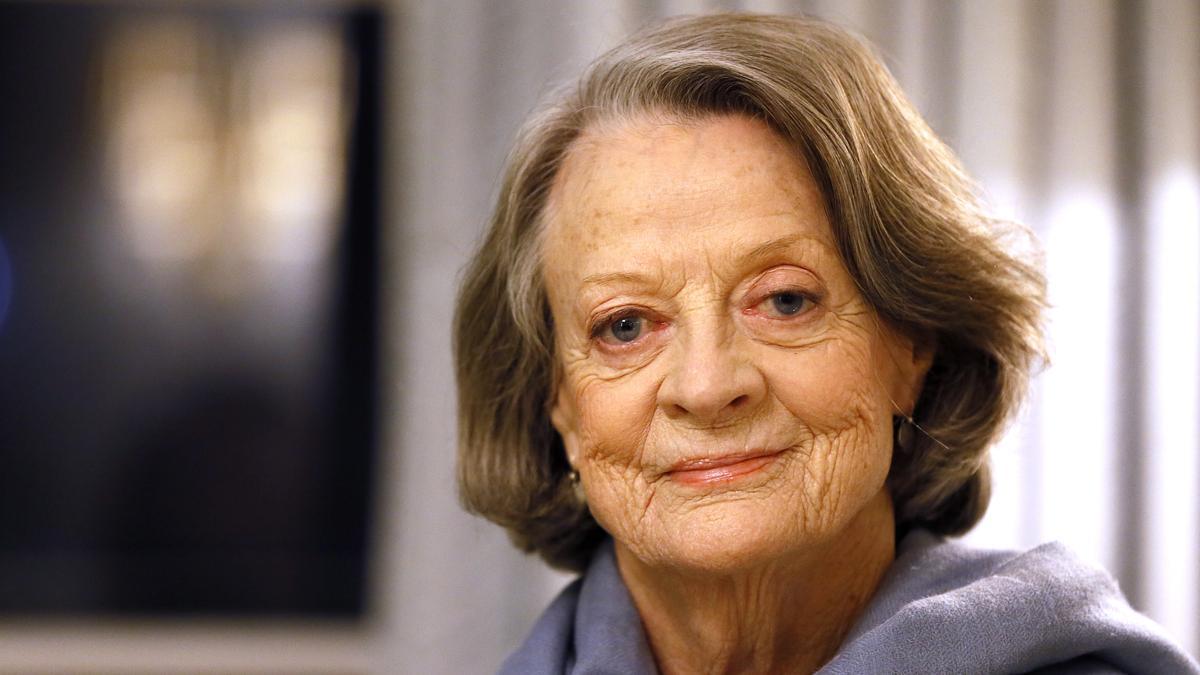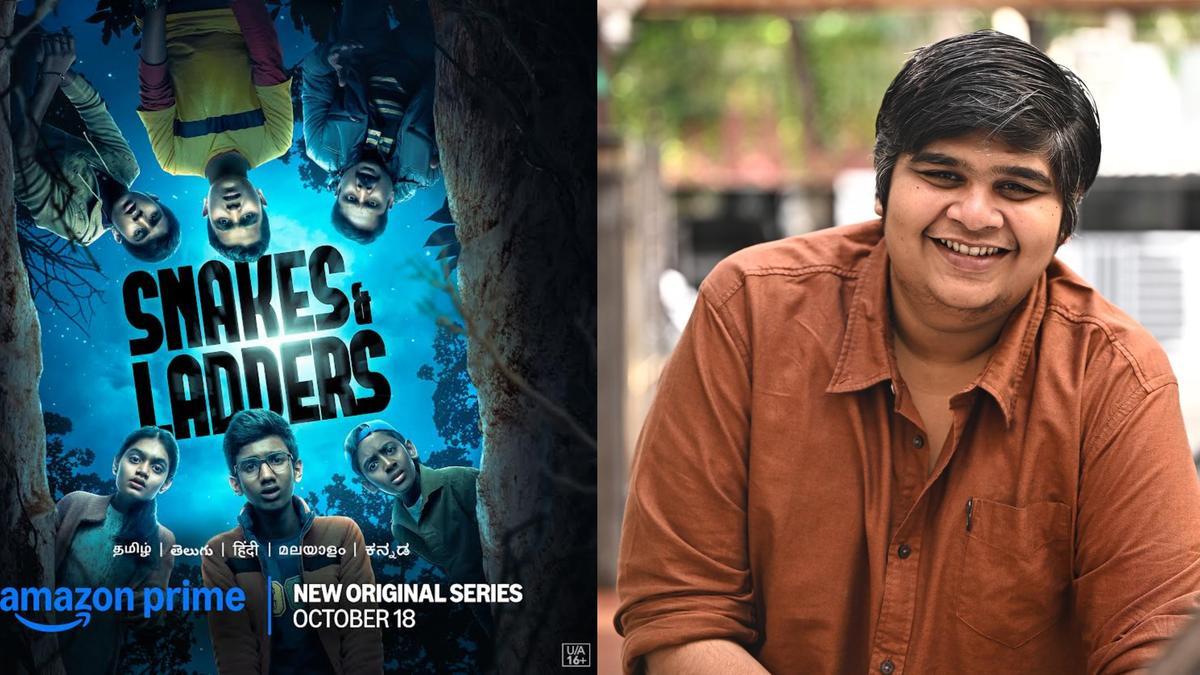
Venturing beyond the rigid barriers of methodology and spontaneity, Mithun Chakraborty embodies a unique school of acting that pivots solely on the authenticity of performance. As the cinematic world salutes his half-century-long career, Chakraborty has been bestowed with the prestigious Dada Saheb Phalke Award, India’s highest cinematic accolade. This remarkable recognition reflects his enduring dedication to the art of convincement, a craft that has fascinated audiences since his debut as a young tribal betrayed by the system in the seminal 1976 film, Mrigayaa directed by Mrinal Sen.
Mithun Chakraborty remains an extraordinary figure in cinema due to his unwavering perseverance and versatile acting prowess. Effortlessly oscillating between star-studded glamour and immersive character portrayals, Mithun delivers performances that resonate both on the grand scale of Jallad (1995) and Chandaal (1998) as well as through more grounded roles like those of the venerable saint Ramakrishna Praramhansa in Swami Vivekanand (1998), and the unsung revolutionary Sibnath in Tahader Katha (1992). His depiction of a colonial police victim, tormented to degradance, yet whose liberation feels futile, echoes with a depth that intertwines personal narrative with historic struggle.
The path to commercial acceptance was anything but a smooth ride for this trained actor. Post his powerhouse debut in Mrigayaa, it took Mithun two relentless years of struggle to gain foothold in the mainstream industry. Without the patronage of Bollywood’s giant productions, he carved out his individuality unfazed by typecasts and industry hierarchies. Films like Daata Garibon Ka Daata (1989) positioned him as a beacon of hope for the masses during a time when Amitabh Bachchan’s iconic “angry young man” was undergoing a transition. Their shared performances in Gangaa Jamunaa Saraswati (1988) and Agneepath (1990) offered cinematic spectacles that still resonate with audiences.
Faced with fluctuating industry dynamics, Mithun craftily repositioned himself in the scenic locales of Ooty, spearheading a self-contained B-grade film industry.
. His ability to sustain mass appeal among millions has always been prioritized over critical nods, a feat he views as more challenging than any reviewers’ acknowledgments. The melodious yet fierce underpinning of his legacy is his ability to connect across societal strata, disarming the staunchest critics with his charisma and versatility.
Aspects of Mithun’s fame extend beyond the silver screen, best represented by his iconic role as Gunmaster G9 in Surakshaa, which continues to percolate popular culture through memes and nostalgic tributes. Over generations, Mithun has mesmerized audiences—from the Elvis Presley-like dance phenomenon that he created with Disco Dancer, enthralling global audiences from Motihari to Moscow, to having new generations reenact his signature moves today.
For women, he remains the beloved ‘boy next door’, perpetually serenading through love ballads in films like Pyar Jhukta Nahin and Pyar Ka Mandir, and presenting the gentle resonance of familial challenges as in Basu Chatterjee’s Pasand Apni Apni and Sheesha. While Hindi cinema is credited with coronating him a star, Bangla cinema gave Mithun the opportunity to delve deeper into the intricacies of human emotion and relationships, documented through collaborations with prominent directors like Mrinal Sen, Buddhadeb Dasgupta, and Rituparno Ghosh. His unparalleled performances in films such as Titli (2002), Kaalpurush (2005), and Shukno Lanka (2010) have seen him garner multiple National Awards, confirming his devotion to substantial storytelling.
In the political sphere, Mithun has shown an adaptability akin to his cinematic ventures. His trajectory has seen shifts from the radical left during his student years, to affiliations with Congress post-Emergency, a brief stint with Trinamool Congress leading to a Rajya Sabha position, and eventually aligning with the Right, showcasing his survival across diverse political landscapes.
Remarkably maintaining a robust fan base without the crutch of social media, Mithun retains his magnetism both at the box office and at political rallies. At the age of 74, Mithun remains a vibrant force, with multiple films in production. When questioned about whether his passion for performance endures, he retorts with his trademark confidence: “Koi Shaque?” (Any doubt?).










